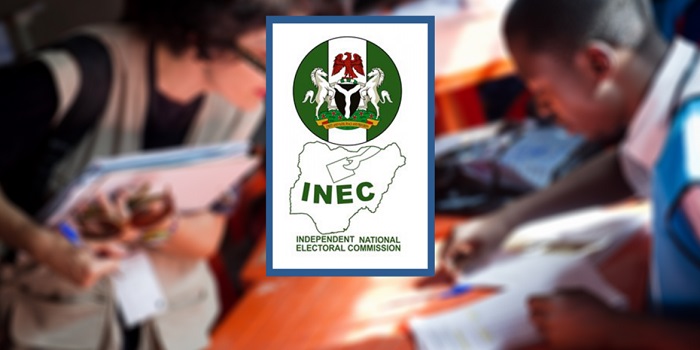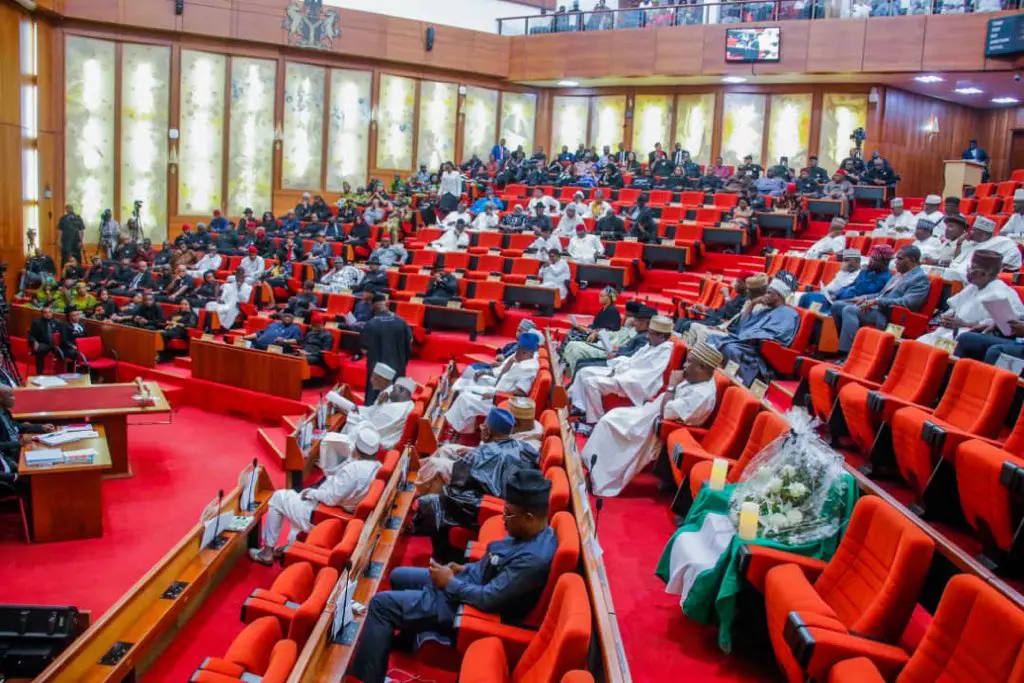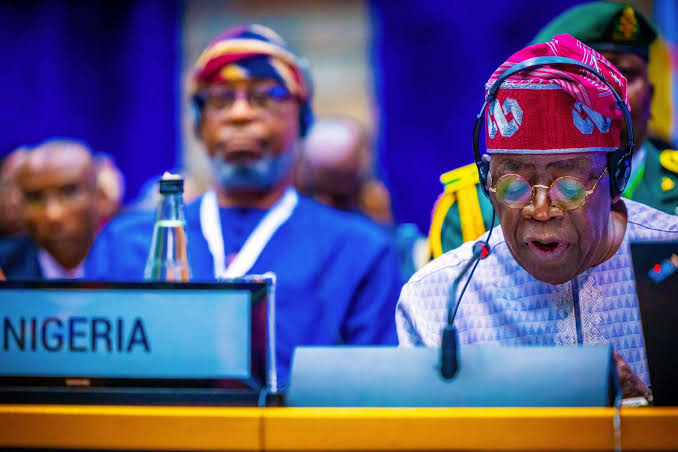Human rights lawyer, Femi Falana (SAN) on Friday suggested how the Chairman of the Independent National Electoral Commission (INEC) should be appointed.
Falana in an interview with Arise News advised that electoral leaders should be appointed through an advertisement process.
The senior lawyer warned that electoral leaders should not be appointed by the sitting president, in a bid to improve the electoral system.
He further stated that there have been workable solutions readily accessible for improving the electoral system, however, since approximately 2007, successive administrations have consistently chosen not to put them into practice.
He referenced the Uwais Panel set up under ex-President, Umaru Yar’Adua, and one of the concepts proposed by the panel was the idea that the president should not have the authority to appoint the managers of INEC.
Falana noted that due to the issues that can emerge when the sitting president selects electoral leaders such as the INEC chairman, national commissioners, and Resident Electoral Commissioners (RECs), these appointments should be made through advertisement.
He further stated that after electoral institutional undergoes reform and the electoral offences tribunal is established, those who handle institutions questionably or unlawfully can be addressed as well as individuals who engage in electoral misconduct.
According to Falana, the Uwais panel’s findings reveal a significant level of blatant disregard for the law, leading them to suggest the establishment of a dedicated authority.
This body would be responsible for apprehending individuals who violate electoral regulations and subsequently ensuring their prosecution, and the aim is to instil a sense of accountability and impart valuable lessons on respecting the electoral act if we wish to see it upheld.
He said, “This was, again, another electoral recommendation, that INEC has to be unbundled.”
Falana spoke of another solution which involves ensuring “the independence of the management election bodies, INEC and the State Independent Electoral Commissions (SIECs),” in which he pointed out that the SIECs conduct “the worst elections in Africa,” where it appears that all candidates from the ruling party are guaranteed victory.
He said, “We must have an electoral body that we are all going to respect that is independent and well funded.”
According to Falana, the responsibility for demonstrating the legitimacy of the election should rest with the INEC, as they have declared election results following what is supposed to be a flawless electoral process.
He said, “To impose the onus on the petitioners is very difficult.
“All the election petitions shall be completed before the inauguration of the incoming government so that nobody will be accused of using the position of the executive incumbency powers while your election is still being disputed.”
He said, “President Jonathan set up a panel, President Buhari set up a panel, now, President Tinubu will have to lead the campaign now.
“That is the only way for us to get out of this mess. It’s a monumental mess.”
Falana stated that Nigeria holds the record for the highest number of election-related cases globally, encompassing both election petitions and pre-election disputes.
This, he argued, is due to the reluctance of the political class to support the flourishing of democracy in the country.
Falana said, “So what they do is to try and rigg and out-rigg themselves, and at the end of the day, the problems are then thrown at the courts and election petition tribunals.
“Right now, the majority of cases in our court, many of our courts, are simply suspended to allow for time-bound election disputes to be resolved, and we can’t go on like this.”
He emphasised that after the resolution of the current election petitions, it is imperative, in the best interests of the country, to return to the planning stage.




